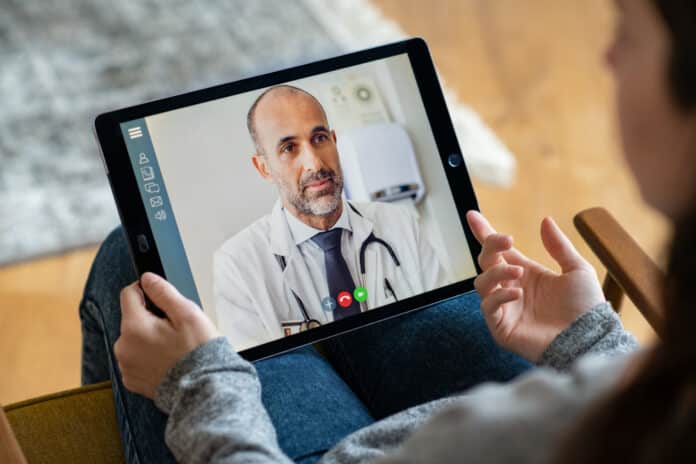
Emails are an easy form of communication between patients and physicians. Unfortunately, doctors are constantly swamped with daily messages and tasks to complete. This situation has led to some hospitals and health systems billing patients for doctor’s responses to those messages. This article examines this new phenomenon and its effect on health care.
What Is the Effect of Attaching Charges to Patients’ Emails?
Currently, only a tiny percentage of doctors’ messages have fees attached to them, with those that do only have minimal cost. However, there have been concerns that these charges limit patient access to health care.
These concerns are well founded, with patient e-messages to doctors at the University of California, San Francisco (UCSF) declining rapidly after UCSF health started charging for some responses.
The Explosive Rise in Telemedicine
While there are debates on the billing situation, patients like 29-year Kacie Lewis have begun receiving bills for email conversations with their doctors.
Starting in 2021, Lewis has been charged $32 for each of her three email threads seeking treatment for eczema, psoriasis, and yeast infection. At the time, she had access to a high deductible health plan through Aetna and received health care in Charlotte, N.C.
Before the pandemic, healthcare officials saw the potential of “asynchronous medicine” – people contacting their doctors via email and getting responses later. However, the lockdowns changed all that, with patient emails to doctors jumping to 157% of their pre-pandemic average by the end of 2020. The Cleveland Clinic also reported that messages sent to doctors through its MyChart patient portal have doubled since 2019.
According to lead researcher A. Jay Holmgren, an assistant professor at the UCSF Center for Clinical Informatics and Improvement Research, says these interactions benefit the patient, the doctor, and the healthcare system. He adds that getting medicare can become more efficient for everyone if you can solve an issue within five minutes of typing on the computer instead of trying to find an open 25-minute visit slot.
Which Emails Are Billable?
Under CMS rules, a billable message must respond to a patient’s inquiry. It must also demand at least five minutes of a healthcare provider’s time to research and craft. Per the Cleveland Clinic, the following messages can be billed:
- New symptoms
- Changes to prescribed medications
- Changes to a long-term condition
- Checkups on care for a long-term condition
However, providers won’t bill for the following messages:
- Getting a prescription refill
- Scheduling an appointment
- Giving feedback as a part of follow-up care after a procedure
- Giving a treatment update to a provider
The crucial factor in billing an email response depends on the medical expertise and judgment needed to meet the patient’s needs.
Conclusion
Charging emails might seem strange, but it’s an innovation that guarantees patients the best health care. Before sending a message, confirm with your doctor if any charges are attached to it. If there are, you can opt for an alternative means of communication.


















